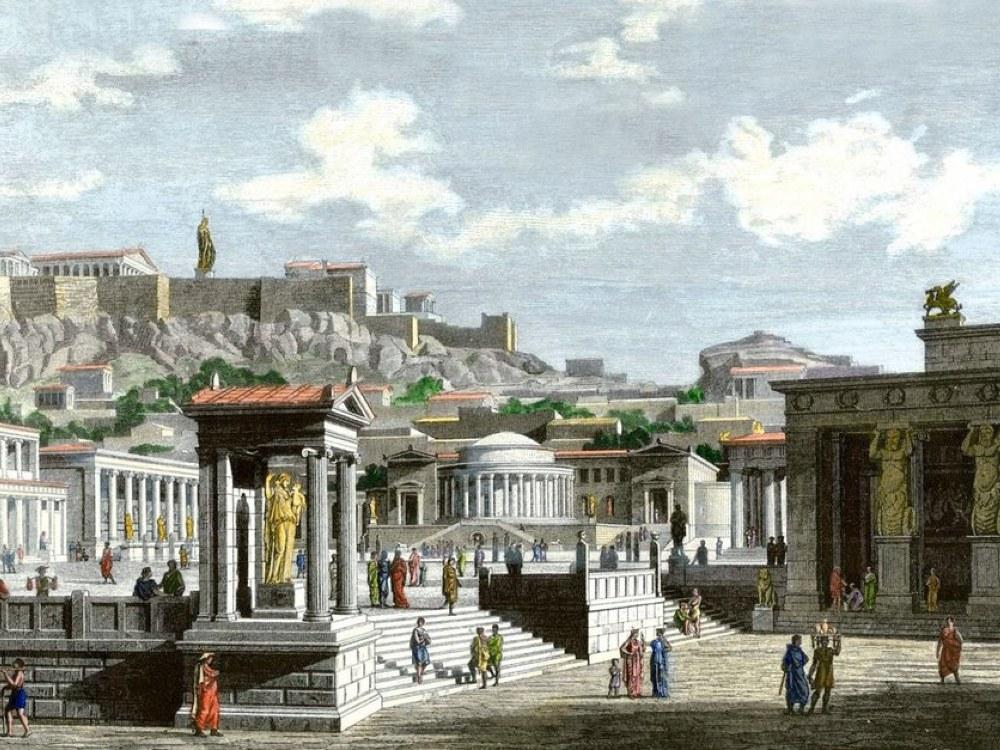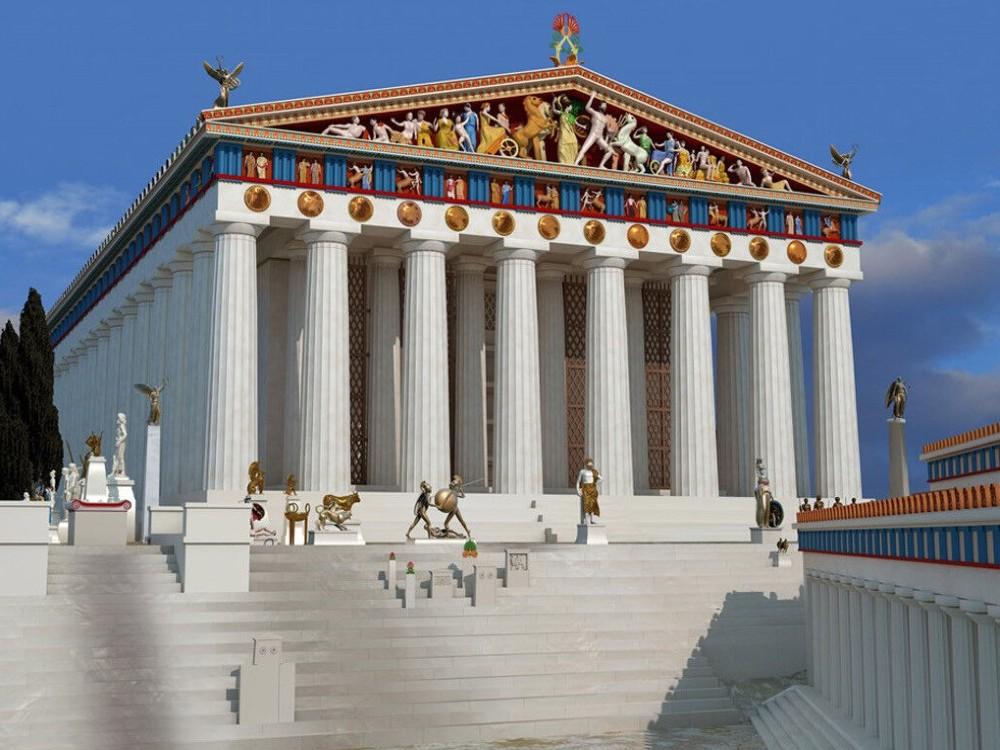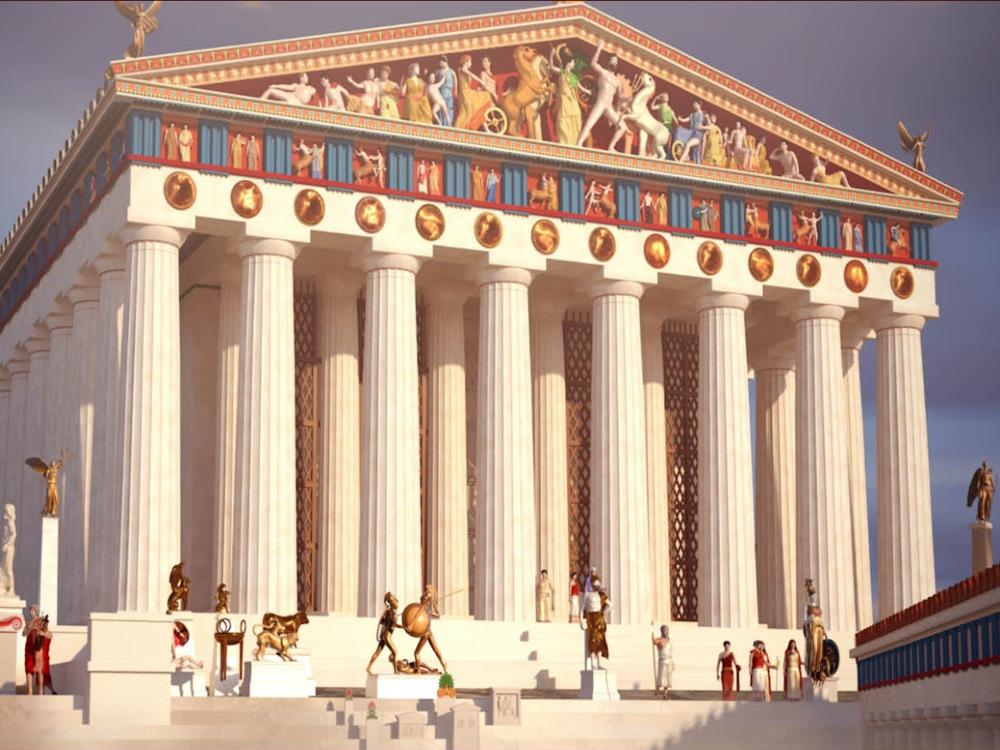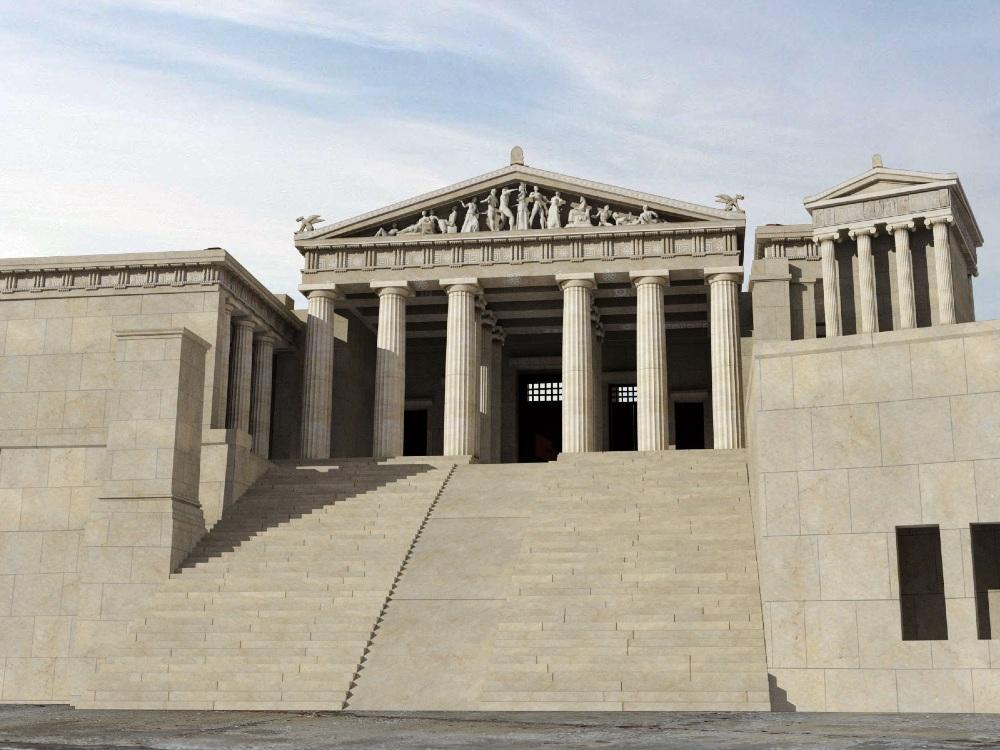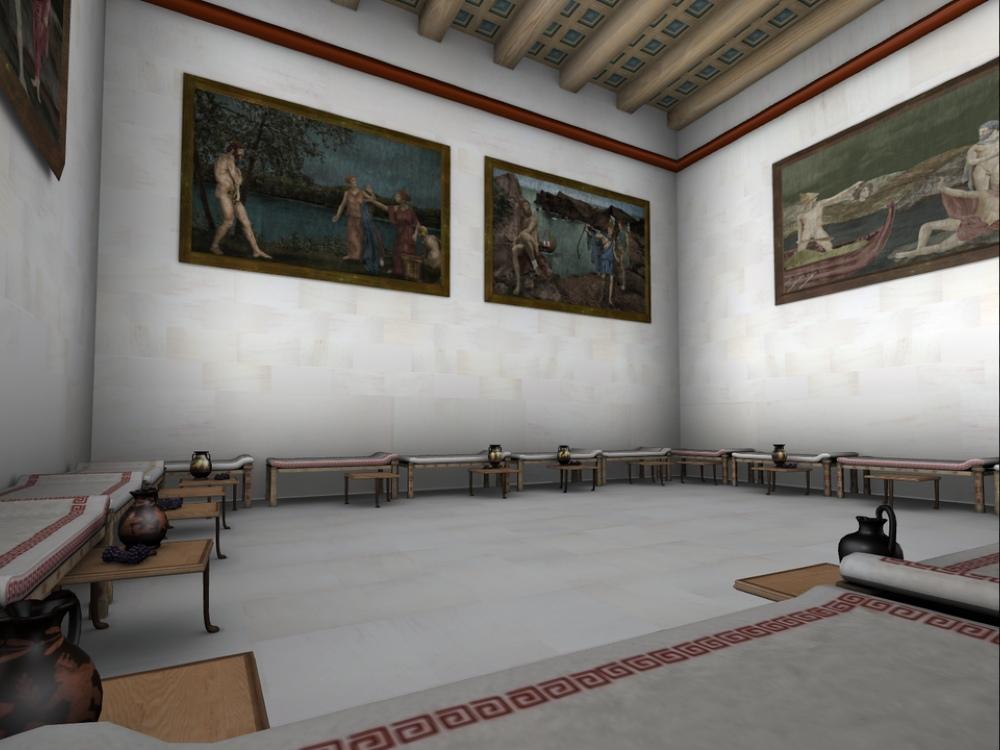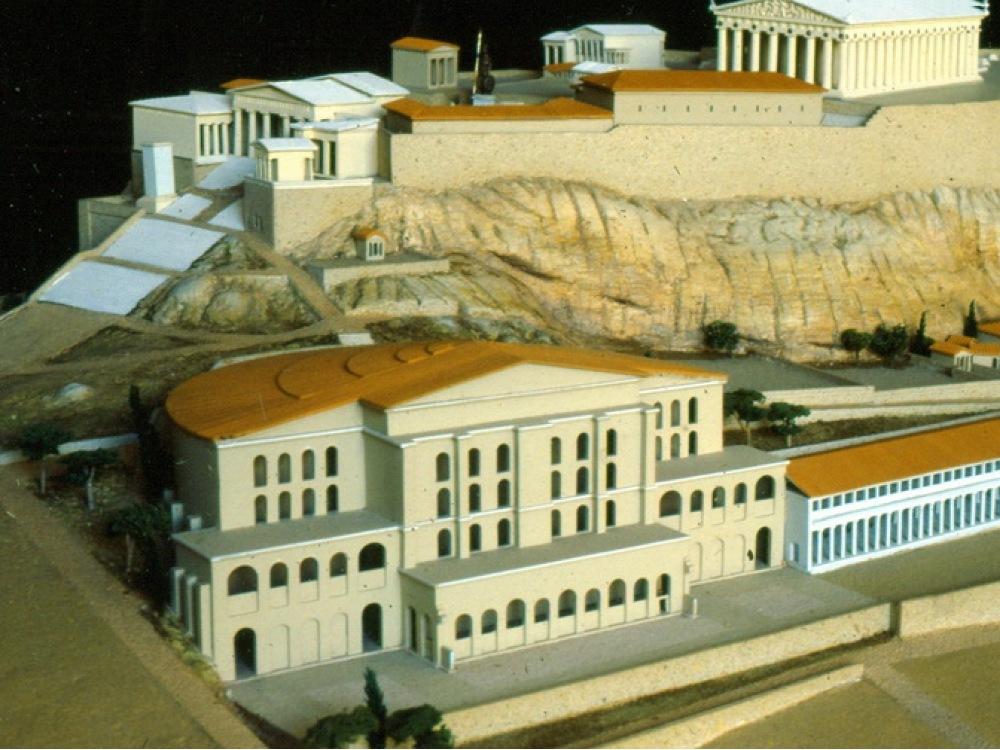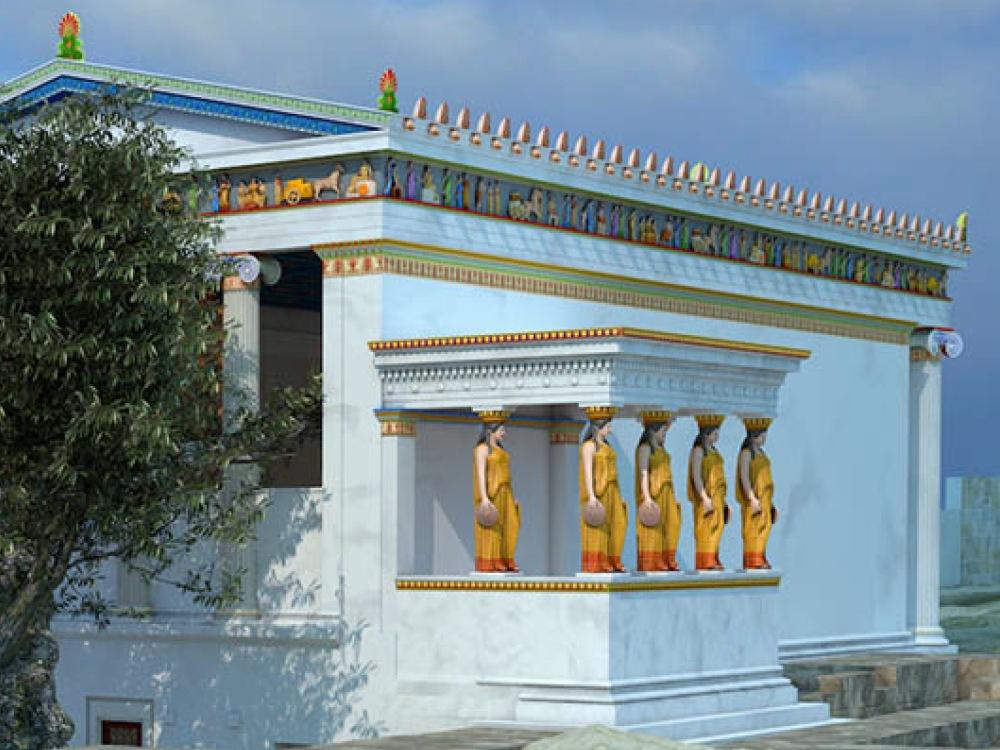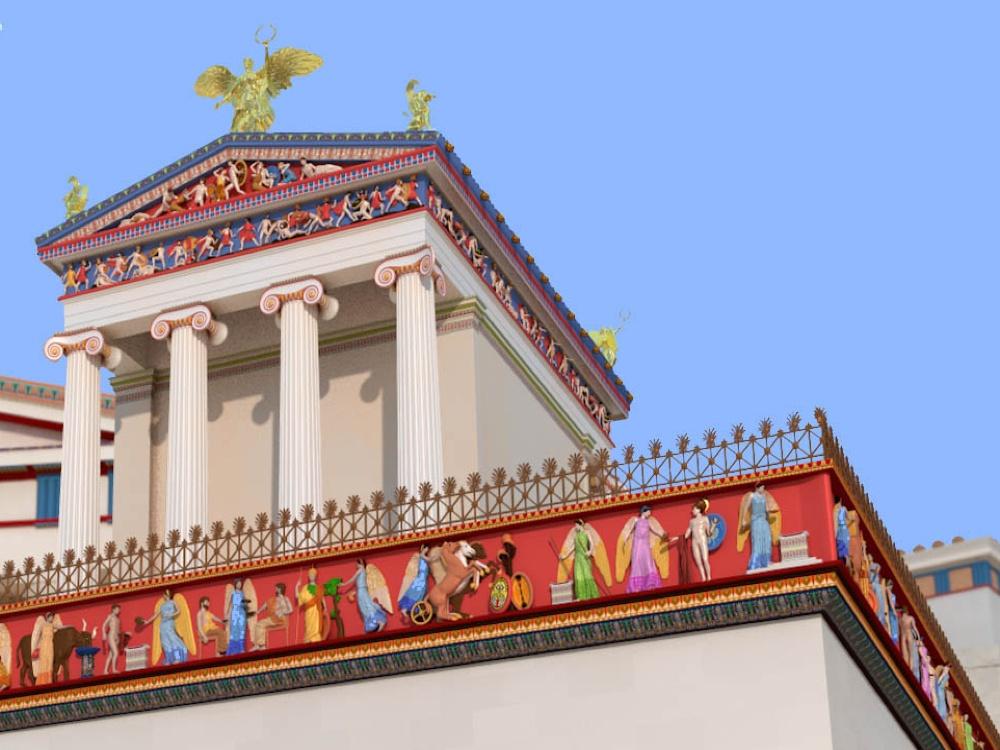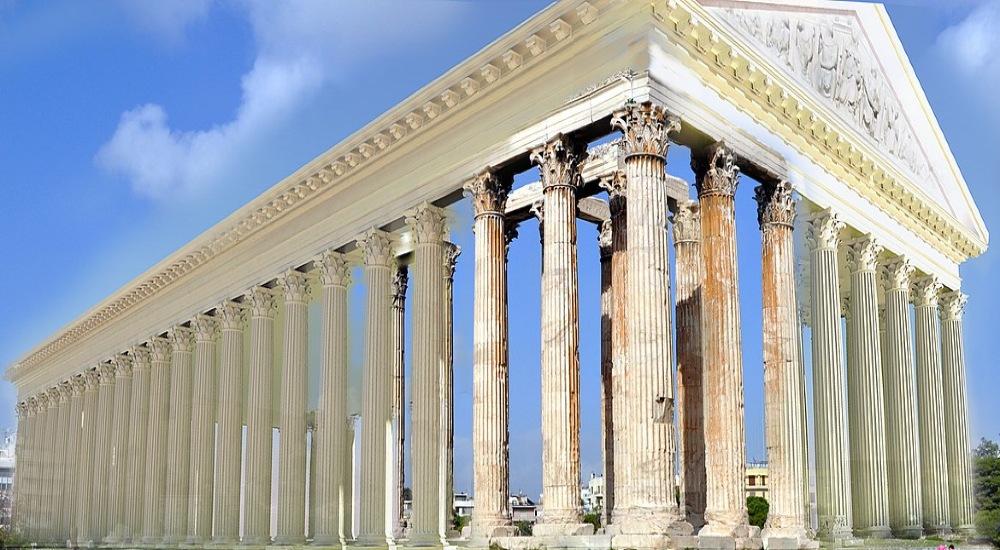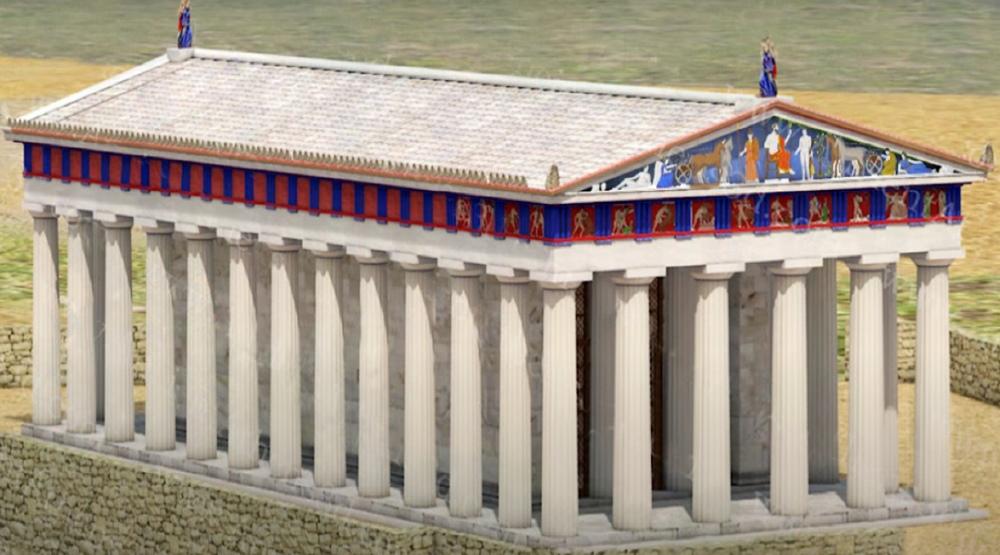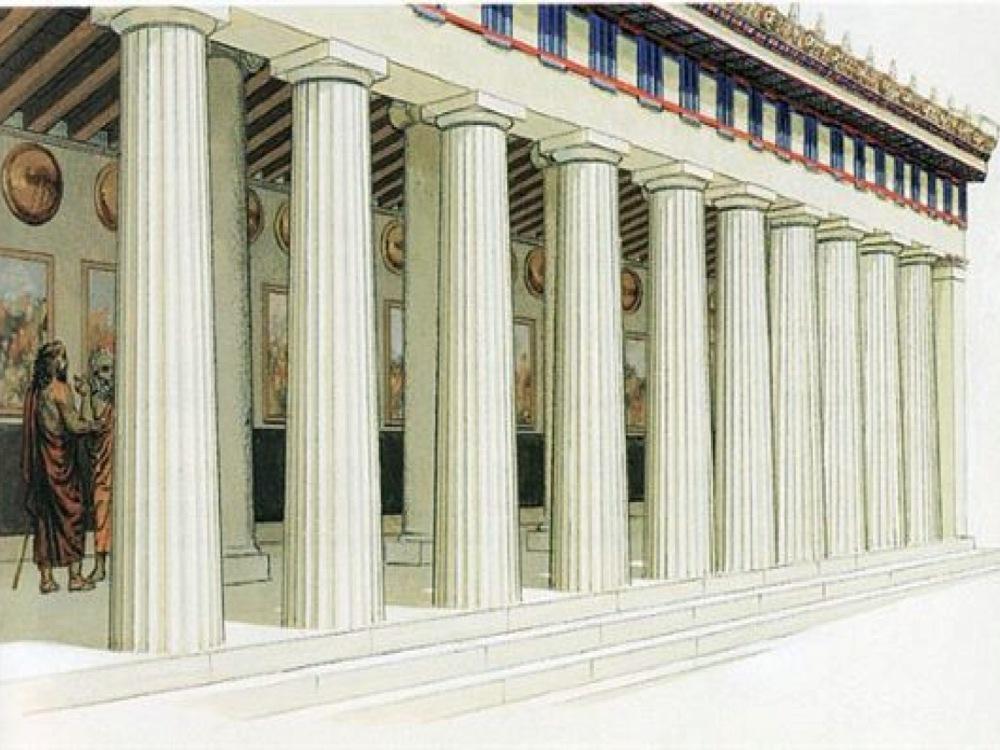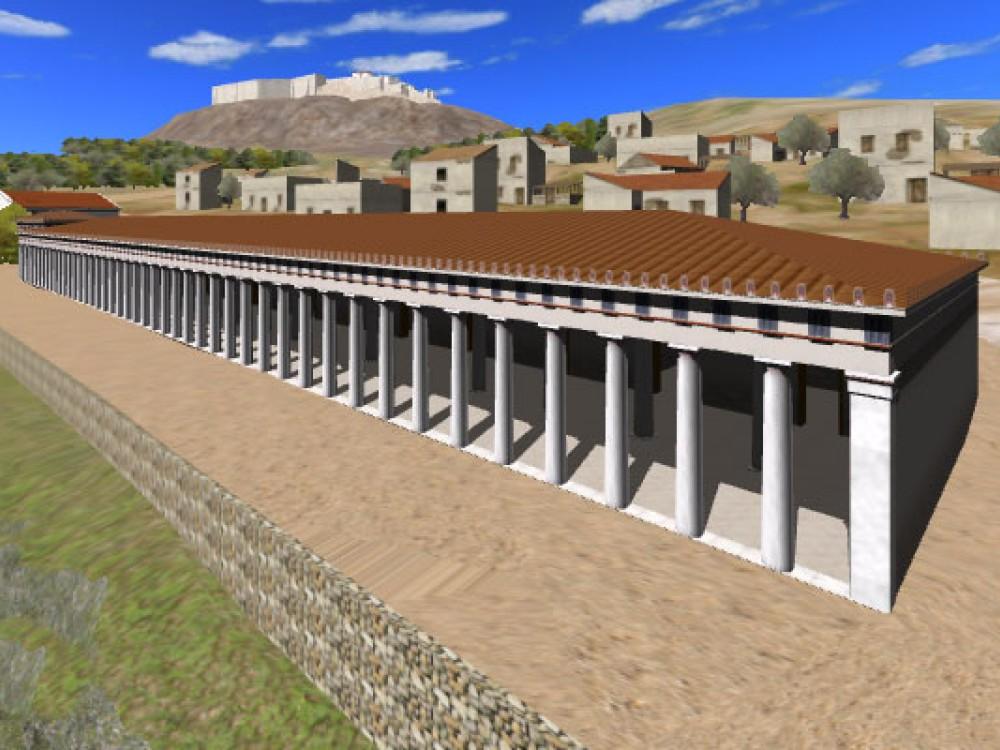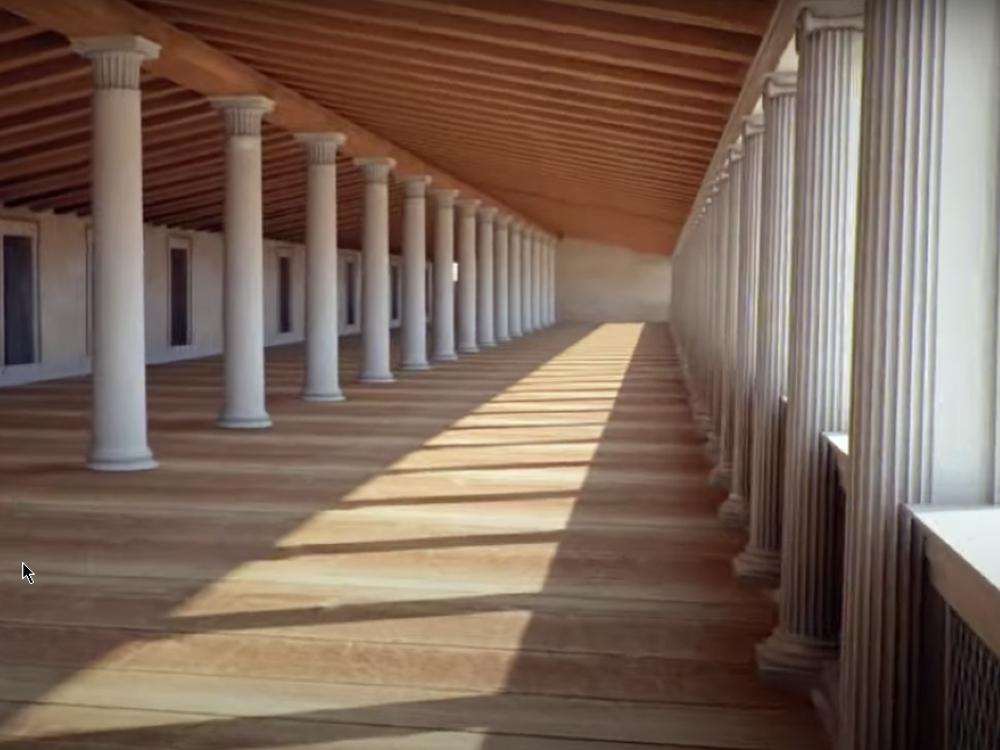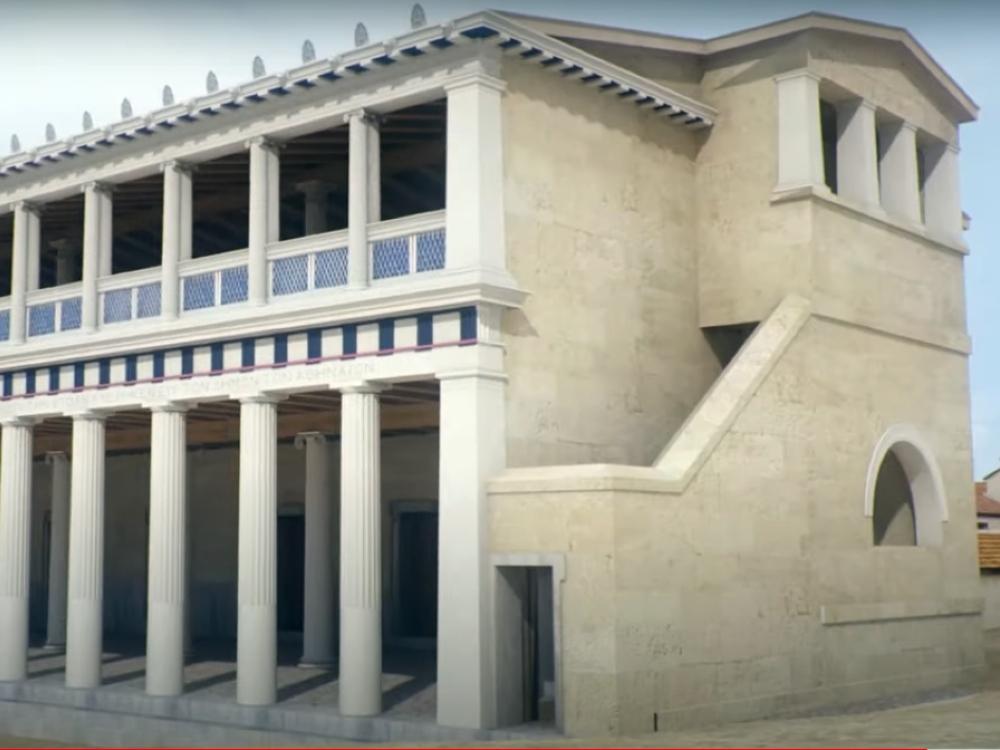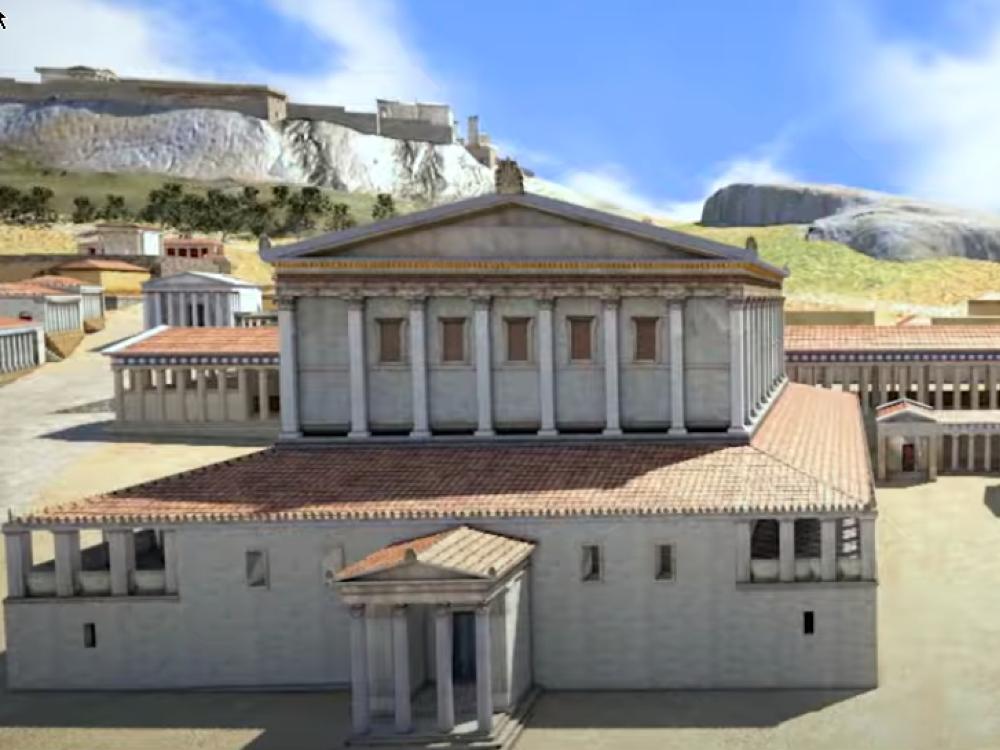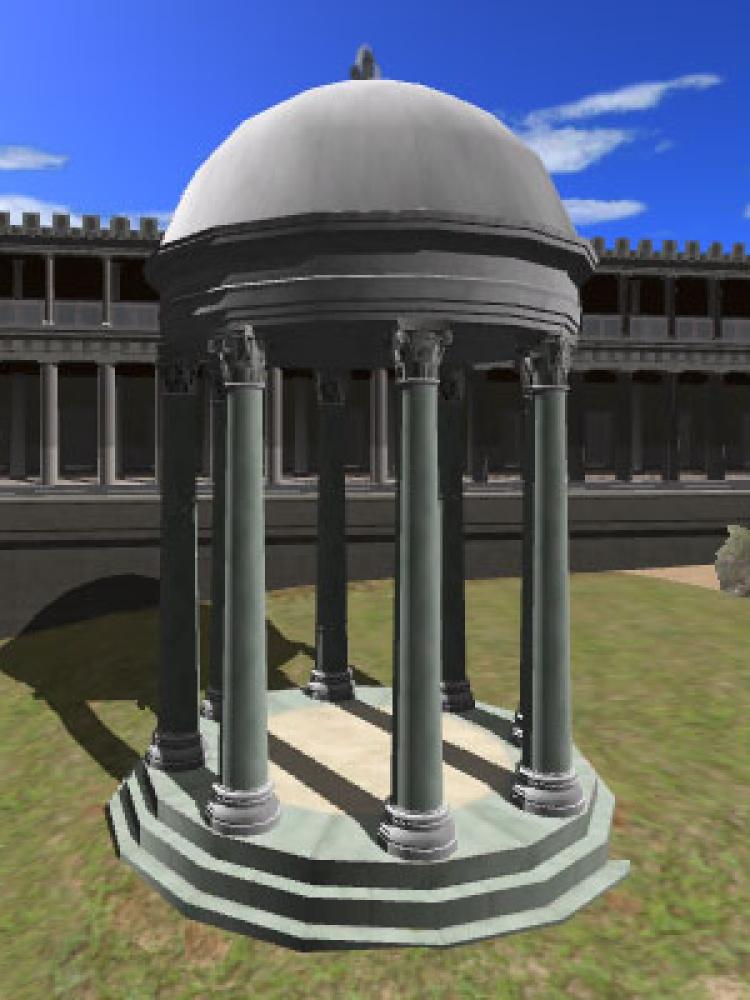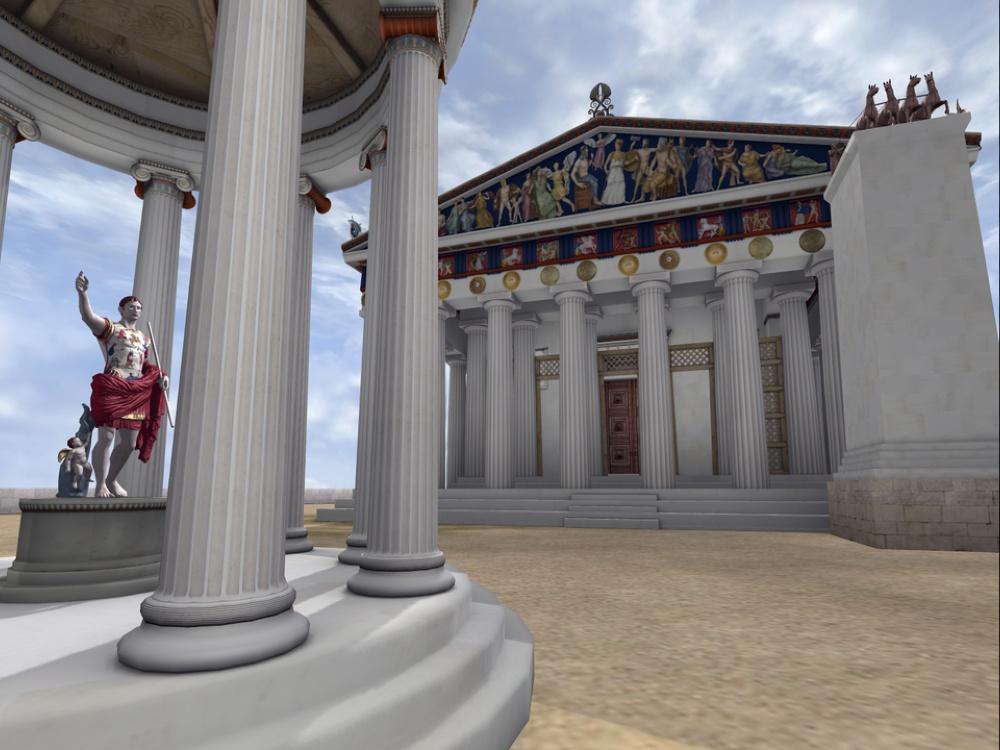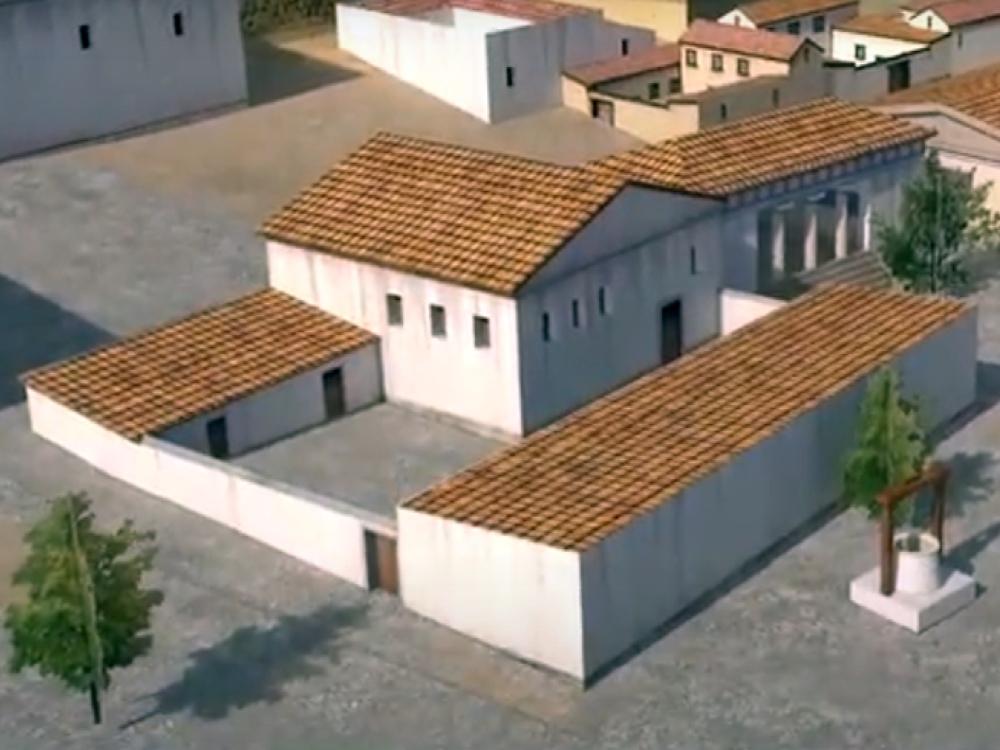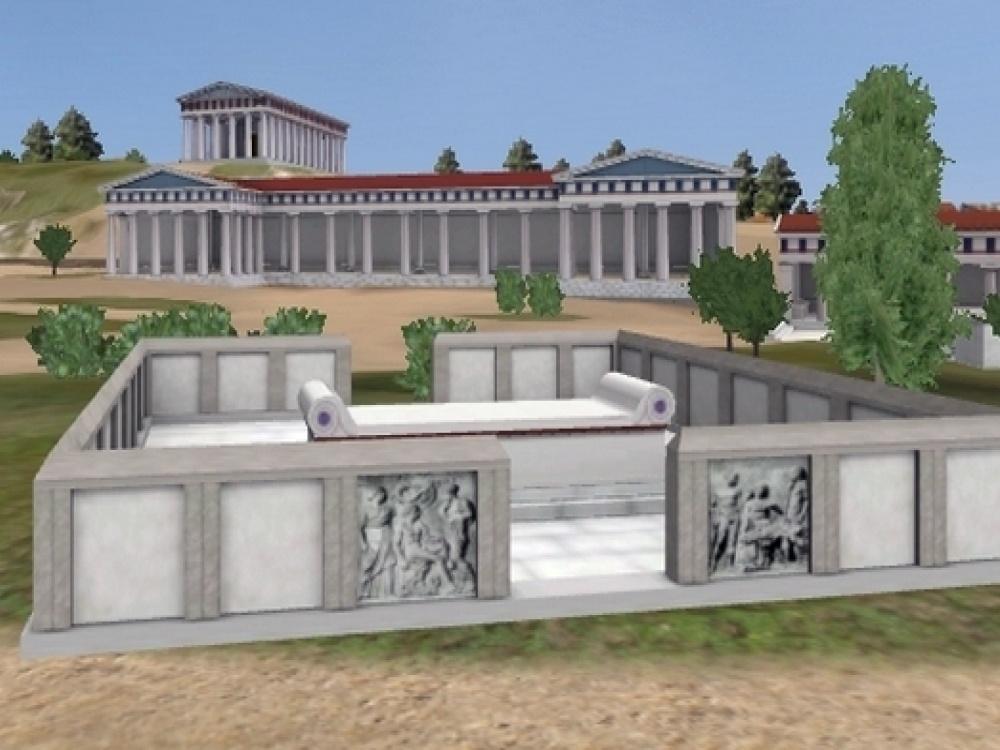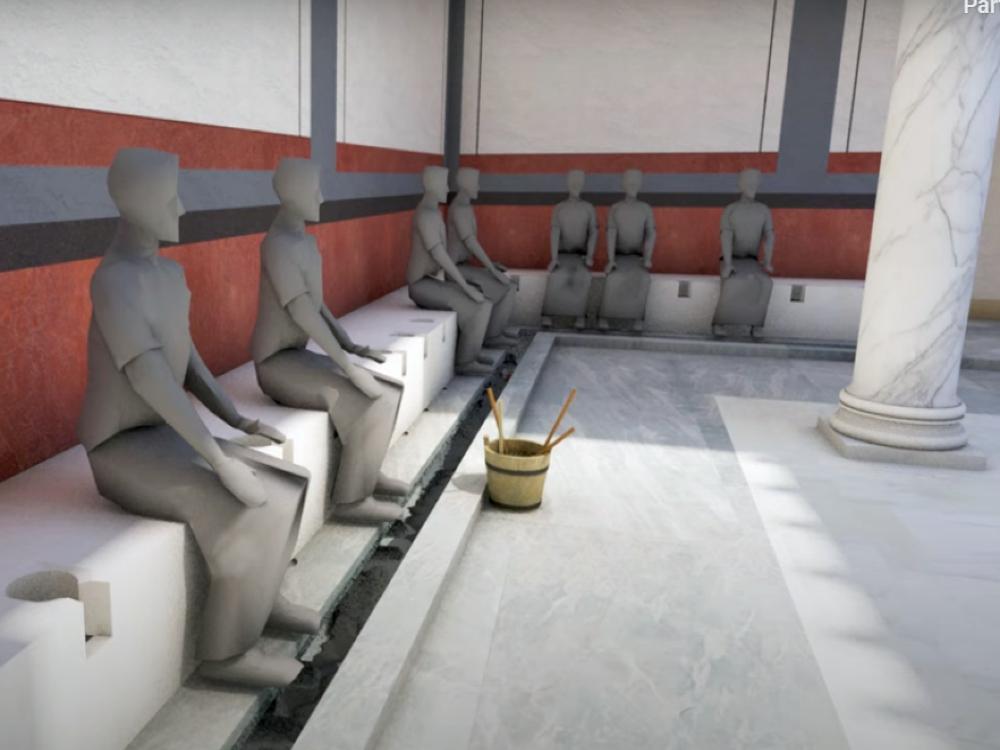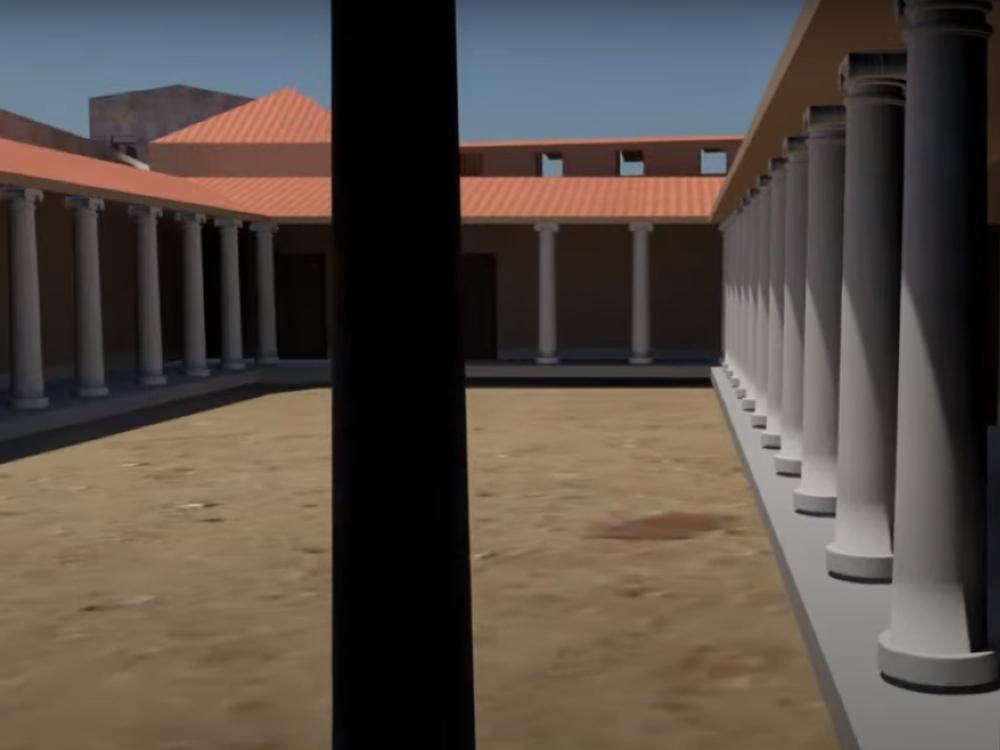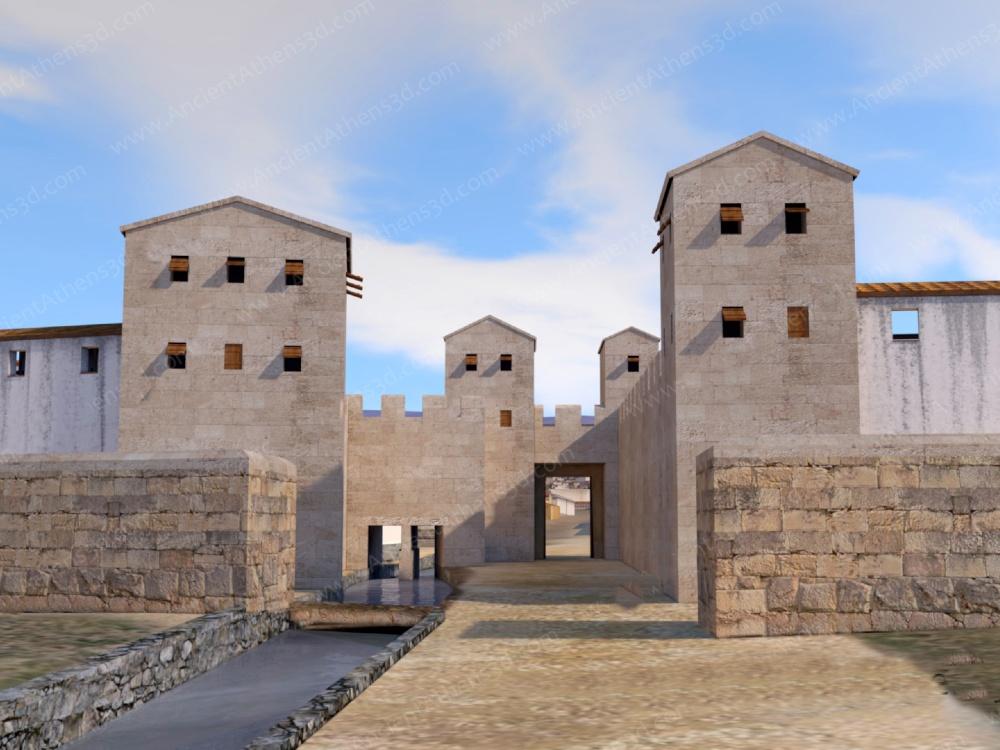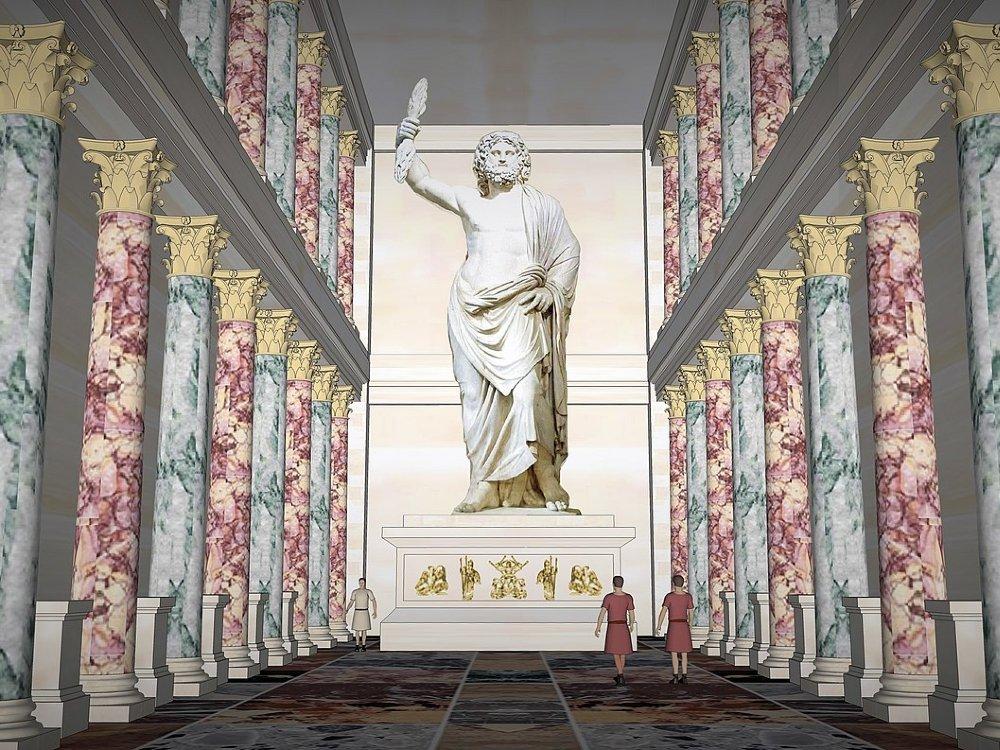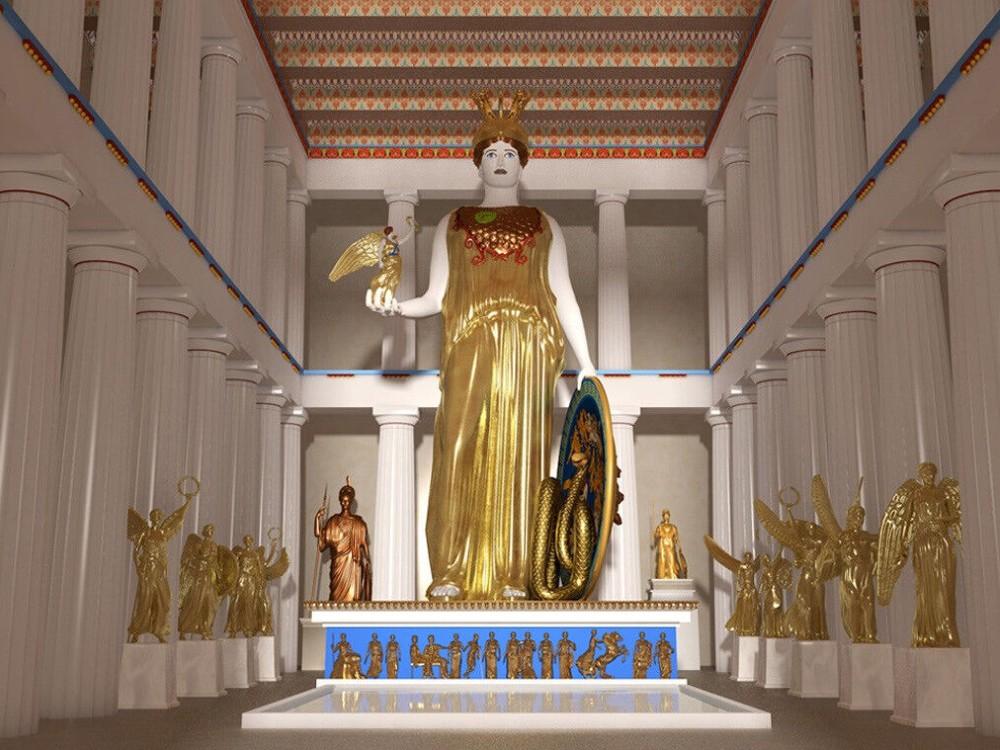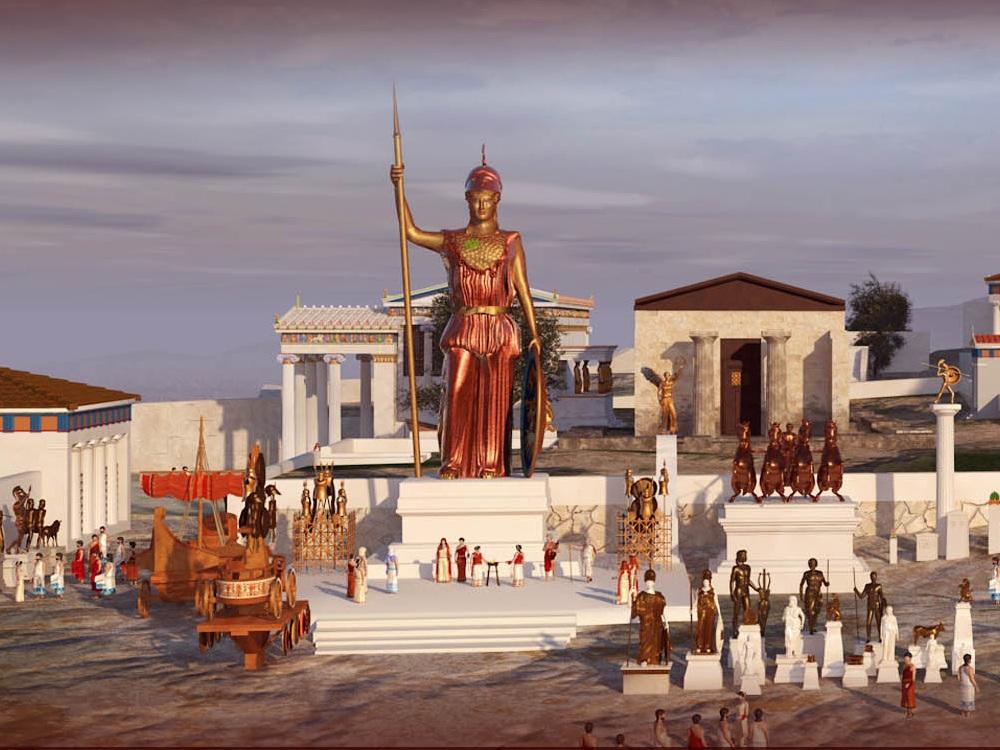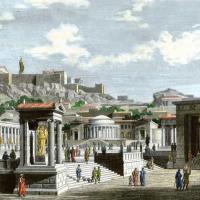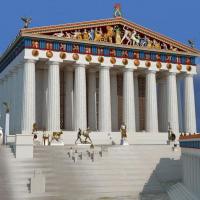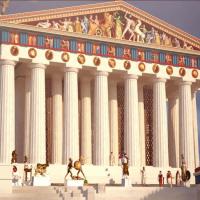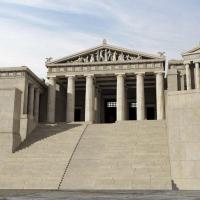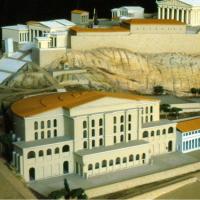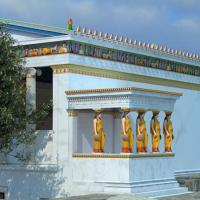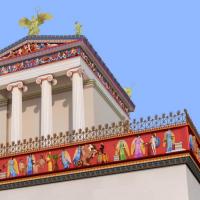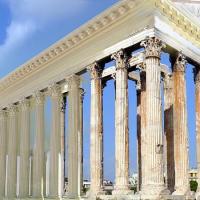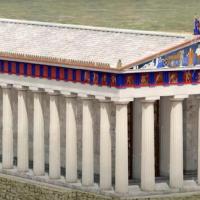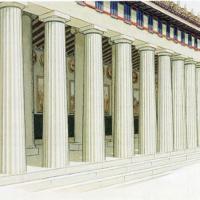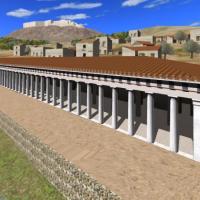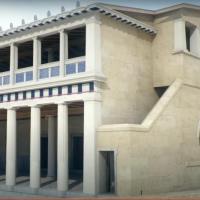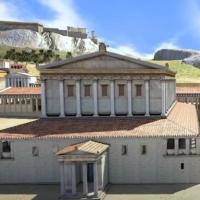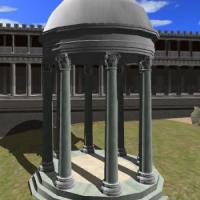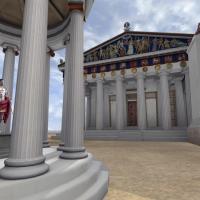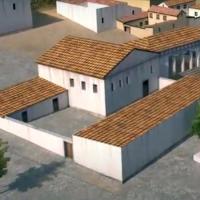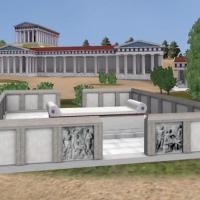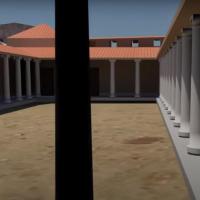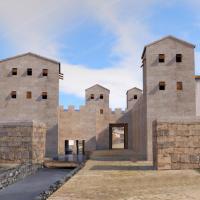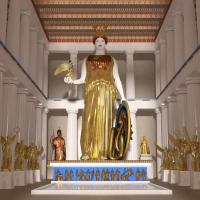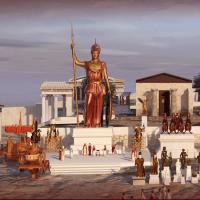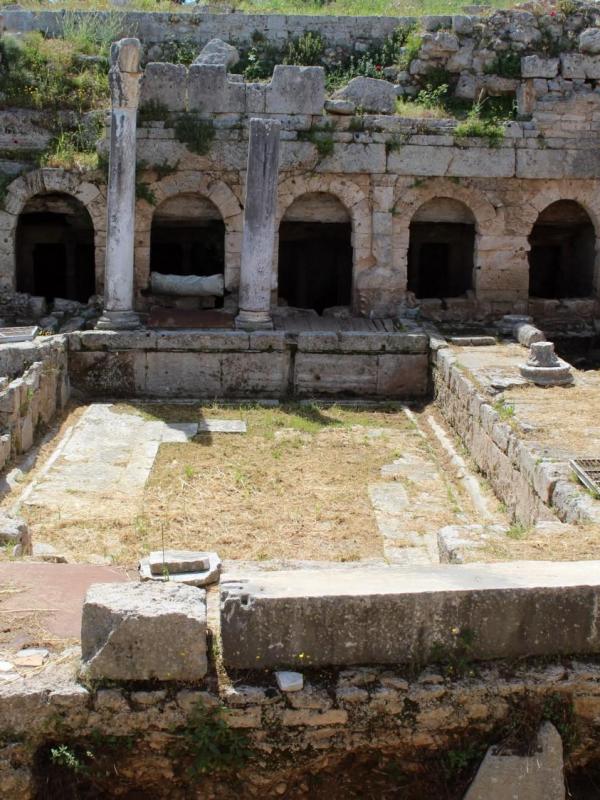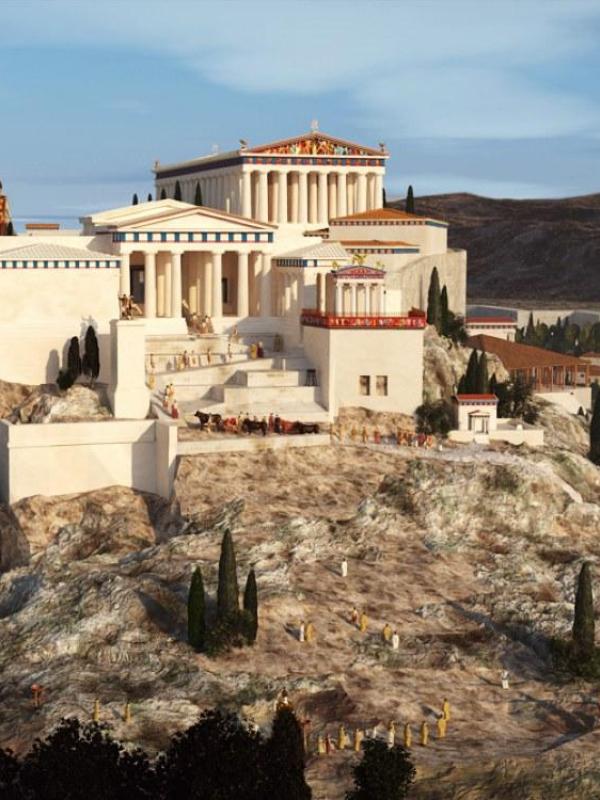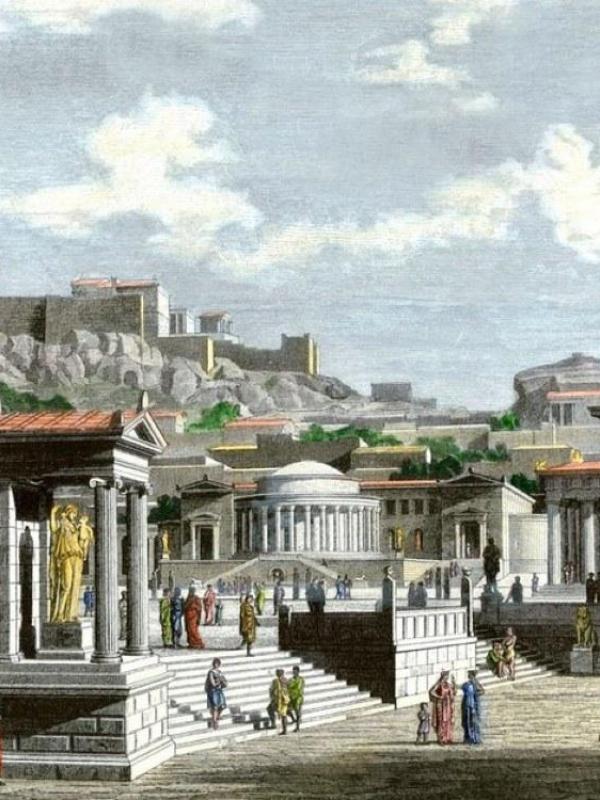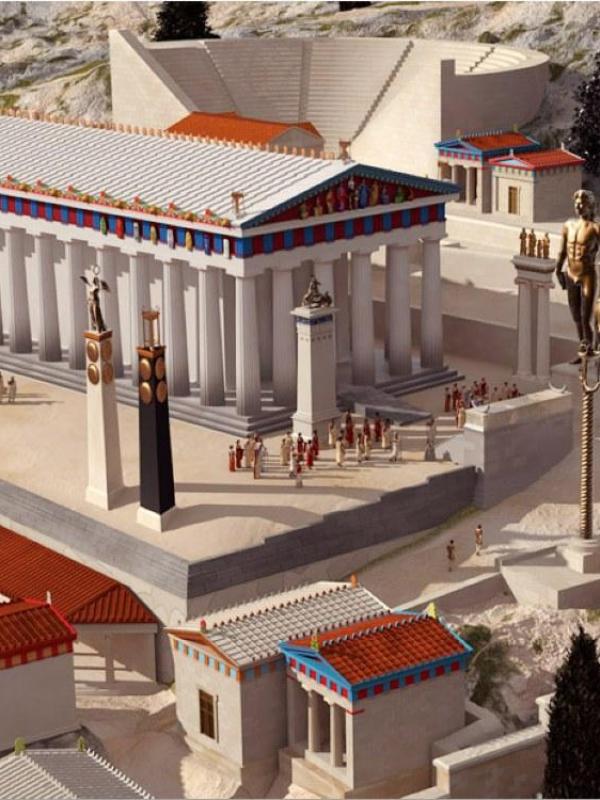From the Acropolis to the Antique sites
Discovering the historical treasures of Athens
The history of Athens is revealed through its emblematic sites, each of which bears witness to a key period in the city's history. The Acropolis, with the Parthenon, dedicated to Athena, and its temples, is the timeless symbol of Athens' power. It embodies the apogee of classical Greece, a symbol of Athenian power and the cult of Athena. The ancient Agora was the center of political and social life. It was where Athenians gathered to discuss public affairs. It also hosted Socrates' speeches and democratic debates. The Roman Agora, built under the Roman Empire, testifies to the city's commercial and administrative development and marks Athens' integration into a wider empire. The Tower of the Winds, an ancient clock and ingenious meteorological station, reflects the scientific advances of the time and demonstrates Athenian ingenuity in matters of science. Keramikos, the city's great necropolis, reveals the funerary rituals and the burials of its citizens. Hadrian's Library, built by the Roman emperor and one of the most important cultural and intellectual centers of the time, testifies to Athens' quest for knowledge and culture. The Temple of Olympian Zeus took centuries to build. It began under Athenian tyrants and was completed in Hadrian's time. It symbolizes the emperor's overweening ambition to deify himself and glorify the king of gods. Hadrian's Gate was built in honor of the emperor and mythical king Theseus. It marks the symbolic boundary between the old and new cities of Athens. Finally, Aristotle's Lyceum, where the philosopher taught, is the cradle of many of the founding ideas of Western thought and the birthplace of philosophy. It reminds us of the intellectual legacy of Athens, where critical thought and education flourished. Taken together, these sites tell the story of a city that has profoundly influenced Western civilization throughout the ages.
